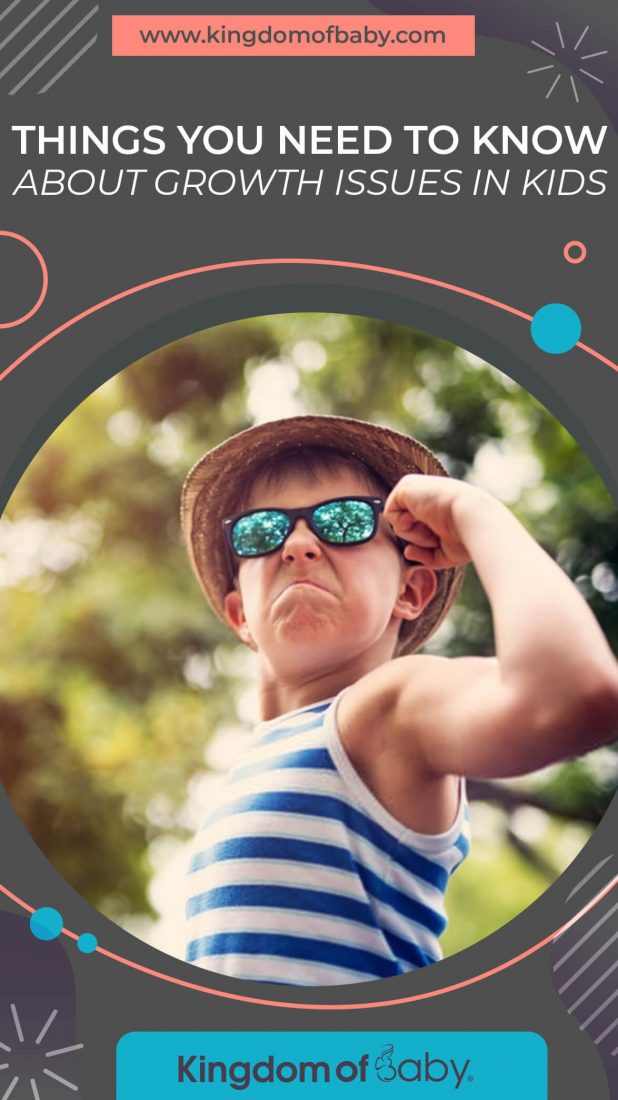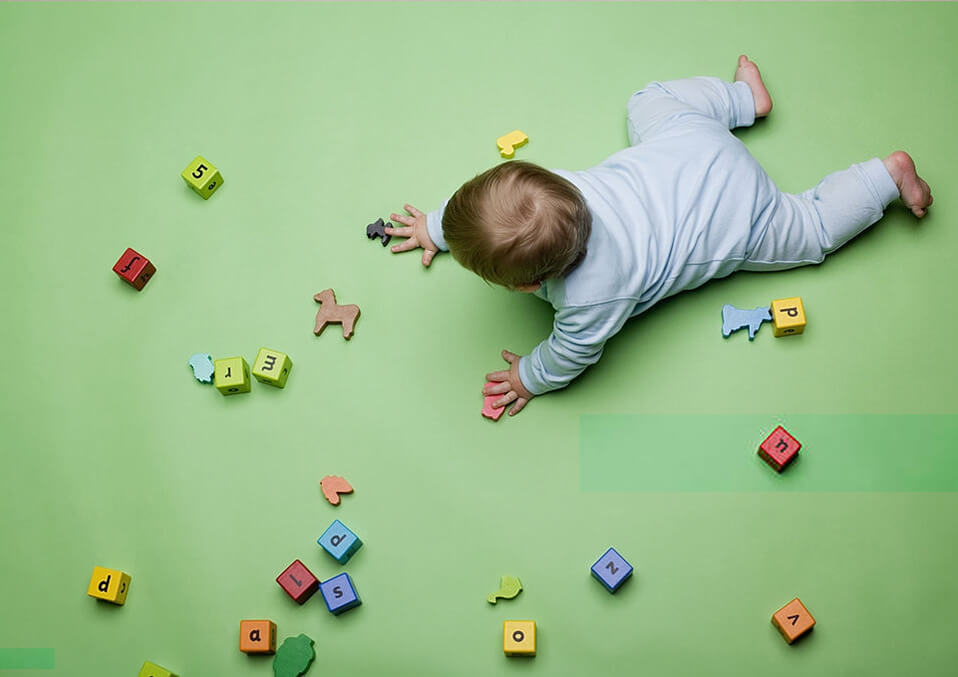
We all want our kids to grow healthy and strong. We try to give them food and vitamins to make sure that they are healthy. We follow their doctor’s orders. We monitor their growth. But sometimes, things may not seem to go well and you start noticing some growth issues in your kids.
Are you worried about your child’s growth? You may have noticed that your child seems shorter than his or her classmates. You may have observed some delay in your kid’s growth. Sometimes it’s not really a problem. On the other hand, when your child is not growing or gaining weight, your kid might have a growth disorder that needs to be identified and diagnosed.
“Here are some things you need to know about growth issues in kids”
What is a growth disorder?
Growth disorder is a condition when a child is not growing at a normal rate. You might notice a delay in the development of their physical characteristics such as height and weight, or the development of their mental or physical skills. These growth problems may be viewed as challenges to healthy growth during childhood.
What are the causes of growth problems?

There are several causes of growth problems. Some of them include genetics, malnutrition, hormonal disorders, or other illnesses.
Genetics or family history
If the members of your family have a short stature, there’s a tendency that your kid inherits this characteristic. Familial short stature is a common growth issue. If the parents are short, it’s common to have short kids.
On the other hand, some kids may be abnormally taller than other kids their age. This happens when their parents are also tall. It may also occur when their bodies produce excessive growth hormones.
Constitutional growth delay
Kids may have a “bone age” delay, meaning they are short during their younger years but they catch up with their peers when they become adults. Their growth rate is normal but their bones mature slowly. Delayed bone age causes may vary.
Hormone deficiencies

If you are wondering about what diseases affect the growth and development of a child, hormone deficiencies or endocrine growth disorders maybe some of them. Hypothyroidism is a condition in which the thyroid is underactive; it means that the thyroid gland is not making enough hormones to meet the needs of the body. It results in poor growth or delayed bone development. Growth hormone deficiency is another condition that may result in the growing problems of a child. It occurs when the pituitary gland is not producing enough growth hormones.
Systemic diseases
Illnesses such as heart diseases, kidney diseases, lung diseases, digestive tract diseases, and even stress can also cause growth issues in kids. These diseases may affect a child’s growth.
Malnutrition
Poor weight gain can be another indication of growth problems. One of the causes of poor weight gain is a nutritional deficiency. If the child is not eating healthy food or not eating properly, he or she will not get the minerals and nutrients that his or her body needs. This is a very common problem, particularly in poverty-stricken countries.
Syndromes
Growth failure is also a feature of some syndromes like Turner syndrome, Cushing’s syndrome, and Down syndrome. Turner syndrome is a condition that affects females. When one of the sex chromosomes, the X chromosome is missing, it results in Turner syndrome. Some symptoms may include shorter height, learning disabilities, ovarian failure, among others. Cushing’s syndrome is a condition where the body produces too much cortisol, which is also called “stress hormone”. Although it affects mostly adults, children can also have this condition, and they are usually obese and tend to grow slowly. Down syndrome is a condition wherein a child is born with an extra chromosome, and this chromosome can affect the person mentally and physically.
Idiopathic
This term means there is no known cause for the growth disorder.
What are some growth disorder symptoms?
One of the symptoms of growth disorder is when your child is shorter or smaller than most kids of the same age. You may also notice that the child is not growing taller. On the other hand, some kids seem much taller or bigger than other kids. There are standard growth charts that show the average height or weight of a kid at a certain age. When your child is smaller or bigger than the average, there might be some growth issues.
Aside from the physical symptoms, you might also see some delays in the development of mental skills. There can be slow development of skills like walking or sitting up.
How is a growth disorder diagnosed?

Children grow rapidly during their early years or toddler years. If you are worried about your child’s growth, you should go and see your child’s doctor. The doctor will do a diagnosis to determine the condition of your child and the causes of the growing problem. They will check the family’s medical history to determine if it’s genetic and they may also do a physical examination. Other tests may be done to diagnose the condition.
What are the growth disorder treatments?
Treatment will depend on the type of growth problem. Specific treatment will be determined by your child’s doctor.
For example, when the body does not produce enough hormones, the child might need growth hormones treatment.
Summary:
There are various causes of growth disorder which include genetics, constitutional growth delay, hormone deficiencies, systemic diseases, malnutrition, syndromes, and idiopathic. Symptoms also vary depending on the condition but one of the most common symptoms is a delay in the development of physical characteristics such as height. Doctors can diagnose the condition and can also suggest some specific treatments depending on the type of growth disorder.
Knowing about growth issues in kids may help you identify the problem immediately. It’s always best to seek professional help so that your kids may be treated as soon as possible if needed. As parents, our task is to keep our children healthy. And if they have a medical condition, it’s our responsibility to make sure that they get treatment from professionals. No matter what kind of condition your child may have, you should always show your support and love for them.
Read also:
- 4 Signs of Growth Spurts in Your Toddler
- Do Growth Hormones for Kids Have Side Effects?
- Everything You Need to Know About Child Growth


